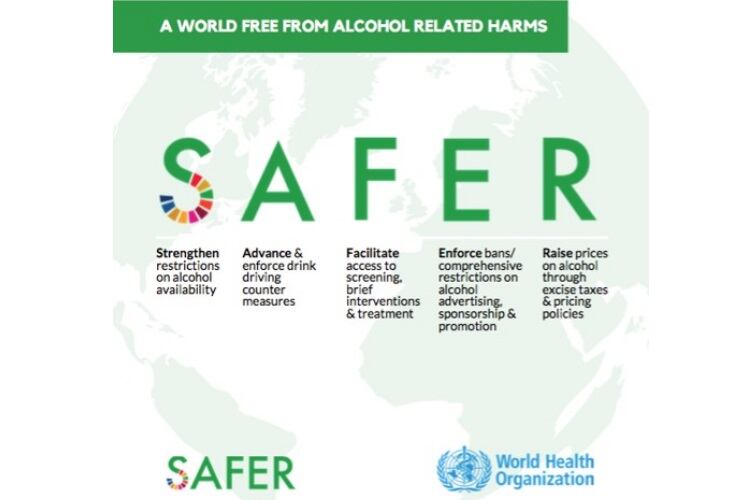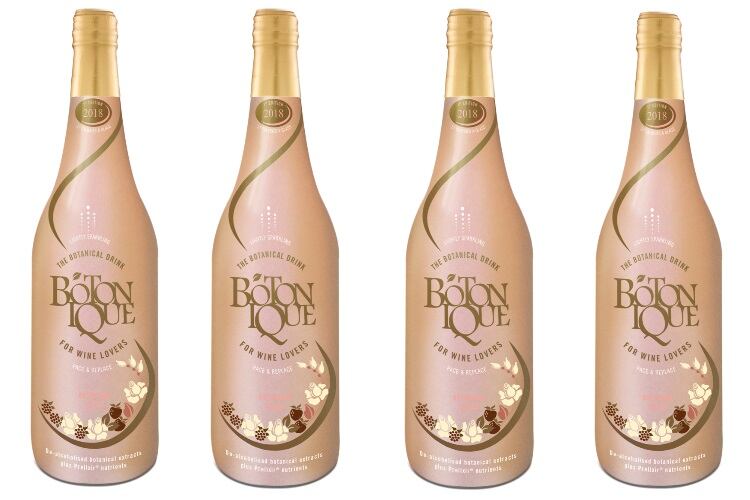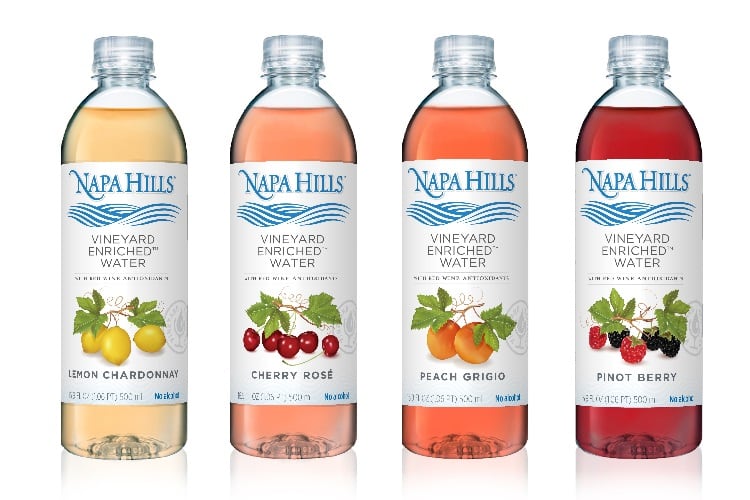More than three million deaths every year are related to alcohol consumption, and it is the seventh leading risk factor for premature death and disability. To help combat those numbers, WHO has launched ‘Safer’ on a global scale.
According to WHO, it is “the newest WHO-led roadmap to support governments in taking practical steps to accelerate progress on health, beat noncommunicable diseases (NCDs) through addressing the harmful use of alcohol, and achieve development targets.”
Dr. Svetlana Axelrod, assistant director-general at WHO, said “We encourage countries to take action, monitor their progress, and protect alcohol policy development from interference by commercial interests. Support from civil society and donors is critical for success on alcohol control that contributes to reducing poverty, improving gender equality and improving public safety.”
SAFER
Strengthen restrictions on alcohol availability
Advance and enforce drink driving counter measures
Facilitate access to screening, brief interventions and treatment
Enforce bans or comprehensive restrictions on alcohol advertising, sponsorship, and promotion
Raise prices on alcohol through excise taxes and pricing policies
‘Strengthen restrictions on alcohol availability’ aims to regulate public access to alcohol through laws, policies and programs, particularly in vulnerable and high-risk areas. WHO acknowledges the next for local social and cultural contexts in these regulations, and even notes that too strict laws could inspire a ‘parallel illicit market.’
It suggests several forms of action already in place in most governments, such as establishing a minimum drinking age, preventing alcohol sales to intoxicated people and regulating alcoholic consumption in public places. They cite Brazil’s decision to start closing bars at 11pm instead of staying open 24 hours a day that was associated with a 44% drop in homicides.
‘Advance and enforce drink driving counter measures’ focuses on preventing drunk driving and reducing car crashes. They propose more sobriety checkpoints and random breath-testing, as well as the encouragement of alternative transportation to and from drinking places.
And through proactive steps like “running carefully planned, high-intensity, well-executed mass media campaigns targeted at specific situations, such as holiday seasons, or audiences such as young people,” WHO hopes to reduce the likelihood of drunk driving.
‘Facilitate access to screening, brief interventions and treatment’ will target health services and professionals and their role in the issue. WHO believes prevention and treatment should be provided to those most at-risk of alcohol use disorders.
But beyond treating those already affected, more health services need to implement public health education to teach the masses about the harmful effects of alcohol consumption. By supporting families affected by fetal alcohol syndrome and other alcohol use disorders like depression and suicidal thoughts, health services communities can be strengthened.
‘Enforce bans or comprehensive restrictions on alcohol advertising, sponsorship, and promotion’ wants to tackle the marketing which may encourage young people to binge drink alcohol without understanding the consequences. WHO says that the linking of alcohol brands to sports and cultural activities is particularly problematic for adolescents.
In general, WHO wants local governments to consider enforcing more regulations for alcohol marketing across all channels, like TV, radio and social media. Aspects that could be regulated include content, volume and sponsorships.
‘Raise prices on alcohol through excise taxes and pricing policies’ looks to increase taxation on certain alcohol products. WHO reports that raising prices is one of the most effective methods of deterring people from drinking excess alcohol.
Building off existing successful policies, WHO suggests a regular review of prices in relation to inflation and income as well as restricting sales on alcoholic drinks and incentivizing sales on non-alcoholic drinks.
Safer is already generating support in municipalities around the world, says the WHO.
Dr. Samo Fakin, Slovenian Minister of Health, said: “Safer is a welcome and much needed initiative. The technical package to support countries will further strengthen evidence-based alcohol policy formulation and implementation. Collaboration with civil society will help move the mountain to make significant advances in reducing and preventing alcohol harm.”
President Maithripala Sirisena of Sri Lanka said: “In Sri Lanka, we are showing that alcohol control is a cost-effective and impactful tool to help promote sustainable development, including health for all. I welcome the new Safer initiative as it has potential to make the world much safer, healthier and more prosperous.”




